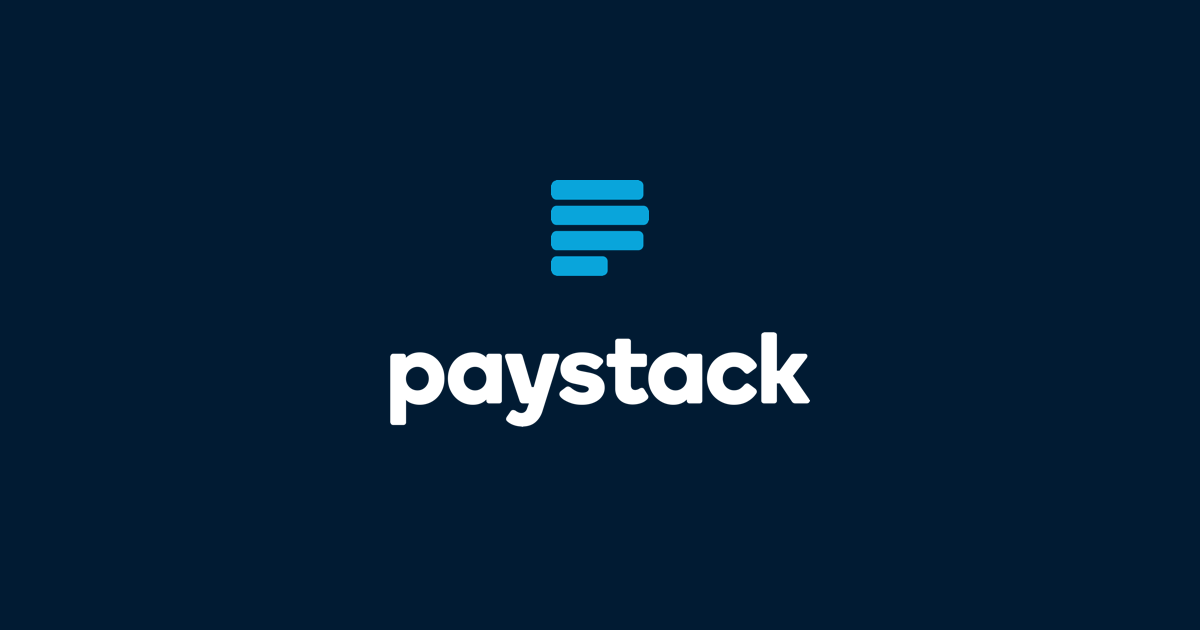The presence of nearly hundreds of web hosting companies offering different hosting plans – managed and unmanaged – has created a virtual fog. You have to consider certain factors before figuring out the right web host for your website, namely pricing, customer service, email, and of course, reliability.
In this article, we’ll be discussing the differences between unmanaged hosting and managed hosting, and what do these two terms mean for your business.
What is Web Hosting?
Small business owners have understood that if they want to grow their brand, one of the most important things to do is to have a website to provide a digital platform for providing valuable information to customers, selling products and services, running testimonials, and advertising special offices.
After all, there are nearly 1.84 billion websites today, many of which are used for promoting businesses all over the world. One of the first things a person will do when researching a company or business is look up their website, so not having a business website at all will only make you stand out like a sore thumb.
However, web hosting is very much different from domain registrations, or even WordPress. It’s essentially a software subscription service that stores and serves your website’s files through operating data centers, featuring tailor-made servers for this specific task.
What is Managed Hosting?
Out of all the different components that make up a hosting plan, the server hardware is the most prominent. Typically, it has an operating system installed and supported by different kinds of software for running websites.
But what is the “managed” part in the term? You see, managed hosting offers several additional benefits or services when you opt for a hosting plan. These include security services to protect your website from potential security breaches like status monitoring, security sweeps, malware scanning and removal, and so on. Additionally, this type of hosting offers management services as well.
What is Unmanaged Hosting?
Unmanaged hosting is the complete opposite of managed hosting, offering little to no additional services.
Basically, under this type, you only get a server that has a single operating system installed. So if you want to install any necessary software, you’ll have to do it by yourself.
The reason why it’s called “unmanaged“ is that the hosting company doesn’t provide any services or carry out any management tasks on your server – you’re responsible for the management of your own website.
Pros and Cons of Managed and Unmanaged Hosts
There are numerous factors that influence business decisions, including lowest price, payment options, easy return policy, and information about product/service.
Keeping this in mind, we decided to discuss the pros and cons of unmanaged hosting and managed hosting in a bit more detail below to help you decide between the two.
Unmanaged Server Hosting
The benefits of opting for an unmanaged hosting plan are as follows:
- Cheaper plans
- Flexibility to make any customization you would prefer, along with full root access to your server
- More control over security and backup
- Comes with a full-featured hosting control panel that lets you manage your website efficiently
While these are definitely great benefits, there are a few downsides as well. For instance, you have to perform all the maintenance tasks that include website updates for your core and CMS. You are also fully responsible for optimization, making periodical backups, as well as website security.
For people who have an idea of how to go about things, choosing this server plan isn’t a problem. But if you are not aware of how to proceed, things can get a little tricky. You do have the option to avail of customer service, so that can be helpful too.
Managed Server Hosting
For choosing a managed server hosting plan, you need to take into account the amount of hands-on work and management you want to have. Here are the advantages of opting for managed hosting plans:
- Reduced burden of keeping your website in order
- No need to take care of maintenance tasks
- Access to efficient customer support to guide you through any problem
- Automatic security updates and CMS updates
Talking about the downfalls, you need to have the necessary budget to purchase these plans. This can be a problem for some, especially small business owners who cannot afford to spend that kind of money at times.
But then again, if you can arrange for funds, we would recommend incurring specific essential website costs for achieving better results on your site.
The other con of managed hosting is limited full root access to your website server, which prevents you from making website customizations unless they are a part of your selected plan.
What is the Right Hosting Plan for You?
As discussed, both the plans have their own merits and demerits, which is why you need to assess your website needs and how involved you want to be in order to choose the right option.
While there are significant differences between a managed hosting plan or an unmanaged hosting plan, the majority of the hosting plans you’ll encounter are unmanaged.
Unmanaged server hosting lets you have full control over your own website. But since it‘s unmanaged, you‘re responsible for your site in totality, which includes site security, optimization, maintenance, and updates. If you want to improve your visitor’s experience, you have to consider a plethora of steps to create a solid website.
This doesn’t mean that opting for unmanaged hosting plans won’t give you access to efficient customer service. You can always ask for help when needed, but for the most part, you have full control over everything you do.
On the other hand, managed server hosting (or dedicated server hosting) performs all of the tasks on your behalf. Depending on the hosting provider you choose, you get to decide the offered services subject to a specific price. Some of the services included in managed server hosting include security scanning, automatic backups, code maintenance for CMS, and website updates and changes.
Basically, such service providers take on the entire hosting and managing process, reducing any burden on you when it comes to running the website. These websites are cheap, but when you consider the hands-off approach and better website management they commonly come with, they are more than worth it.
For small businesses and individuals having a website is crucial for generating repeat business and locking in new customers. But since they don’t have a higher level of technical understanding, opting for a higher level of support despite the higher price would be wiser. Let’s not forget the time-saving aspect here as well.
Contrarily, bigger businesses that have the necessary resources to handle things with adequate technical knowledge and experience can benefit more from unmanaged hosting plans. Not only do they get more freedom over their website, but it’s also more affordable.
Conclusion
As a business owner, you have to prioritize improving website user experience to boost traffic and, in turn, grow your business. This is one of the main reasons why deciding the right hosting plan is so important. Both managed and unmanaged options are good, so it all boils down to the features you’re looking for.
Consider your level of technical experience, the size of your business operations, and the budget. Don’t worry too much if you end up with the wrong hosting plan since there’s always the option to switch.










